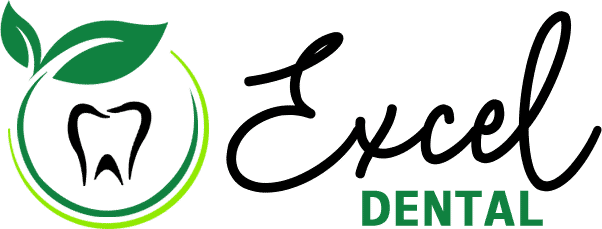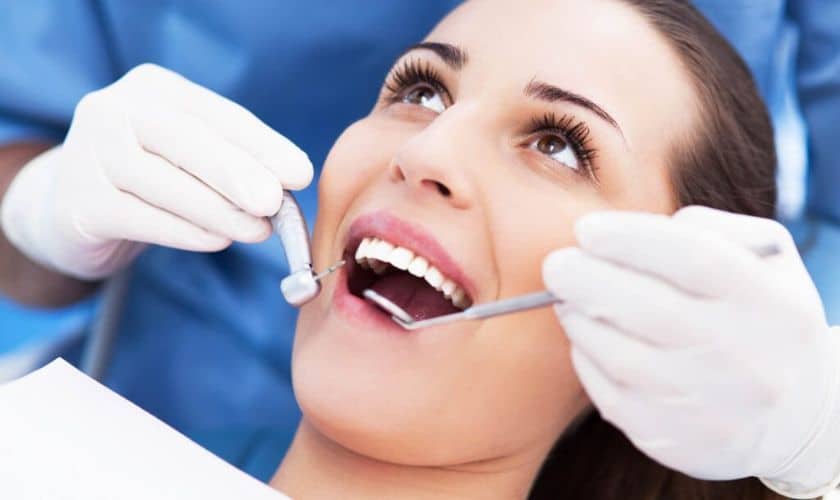Dental implants are a safe and proven way to replace missing or broken teeth. Dental implants provide a permanent solution for tooth loss, but getting an implant can be lengthy and require multiple trips to your dentist. If you’re considering dental implants, one of the questions you may have is: How long after a dental implant can I eat regular food? The answer depends on many factors and varies from person to person.
Healing Time
The healing time needed after getting dental implants is generally 3-6 months, though this timeline can vary greatly depending on each patient’s circumstances. During this period, it is essential to follow your dentist’s instructions carefully to ensure that the implant properly integrates with the surrounding bone and tissue. During this phase, you may need to stick to a soft diet to reduce irritation around the implant site.
Immediate Dental Implant Procedures
In some cases, it is possible to get immediate dental implants, which allow you to have your teeth replaced without waiting for healing time. This procedure involves inserting the implant directly into the jawbone while at the same time placing a cap or crown on top of it. Because this procedure does not need healing time, you can start eating regular food as soon as your dentist says it’s ok.
Choosing What and How Much to Eat After Dental Implants
The type of food you eat and how much you eat will depend on whether or not you just had the implant surgery or if it has been several months of healing time. Immediately after surgery, your dentist may recommend eating soft foods such as yogurt, oatmeal, scrambled eggs, and mashed potatoes. As your mouth heals and adjusts to the new implant, you can gradually add harder and chewy food such as steak and applesauce.
Knowing what food to avoid or at least limit when eating with dental implants is also essential. Avoid hard foods like chips and nuts that could cause damage to the implants before they are fully healed; sticky foods like taffy which can pull on your gums; crunchy foods like carrots which can irritate the gums; and acidic foods like lemons, tomatoes, and oranges which could corrode the implant.
Oral Hygiene After Dental Implants
Maintaining good oral hygiene even after dental implant surgery is essential. Brushing twice a day, flossing at least once daily, and using an antibacterial mouthwash are all essential in keeping your implant healthy and free from infection or other complications. Additionally, visiting your dentist regularly for follow-up appointments will ensure that your implants remain stable and secure in the jawbone.
Conclusion
Eating regular food after a dental implant procedure can be possible as soon as immediately afterward or up to several months later, depending on individual circumstances. It is essential to follow your dentist’s instructions carefully during the healing process and to maintain good oral hygiene to keep the implant healthy.
1. How long after the dental implant can I eat regular food?
Answer: Eating regular food after a dental implant procedure can be possible as soon as immediately afterward or up to several months later, depending on individual circumstances.
2. What foods should I avoid when eating with dental implants?
Answer: Avoid hard foods like chips and nuts that could cause damage to the implants before they are fully healed; sticky foods like taffy which can pull on your gums; crunchy foods like carrots which can irritate the gums; and acidic foods like lemons, tomatoes, and oranges which could corrode the implant.
3. What type of oral hygiene is necessary after dental implants?
Answer: Brushing twice a day, flossing at least once daily, and using an antibacterial mouthwash are all essential in keeping your implant healthy and free from infection or other complications. Additionally, visiting your dentist regularly for follow-up appointments will ensure that your implants remain stable and secure in the jawbone.


